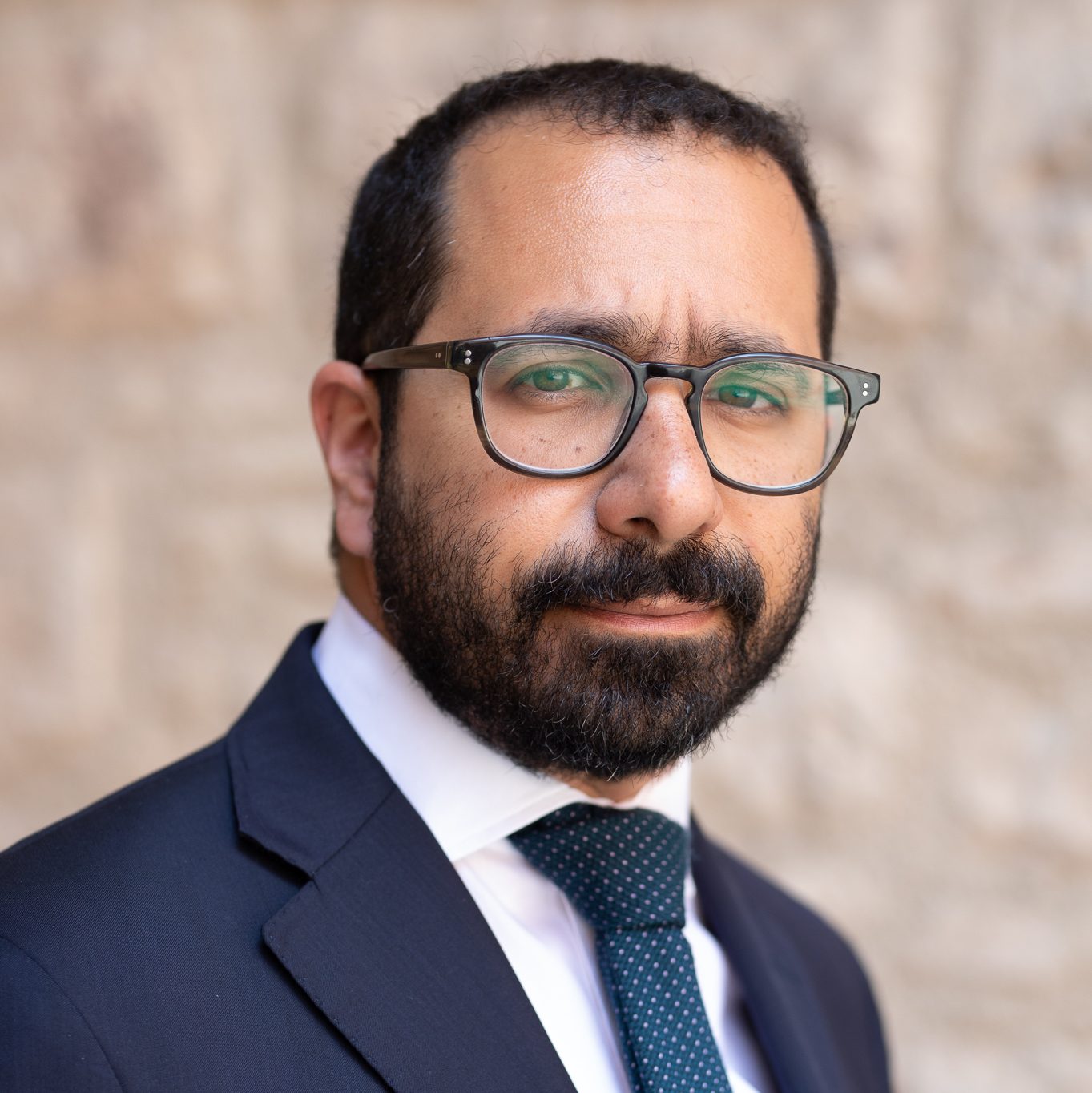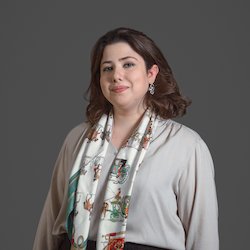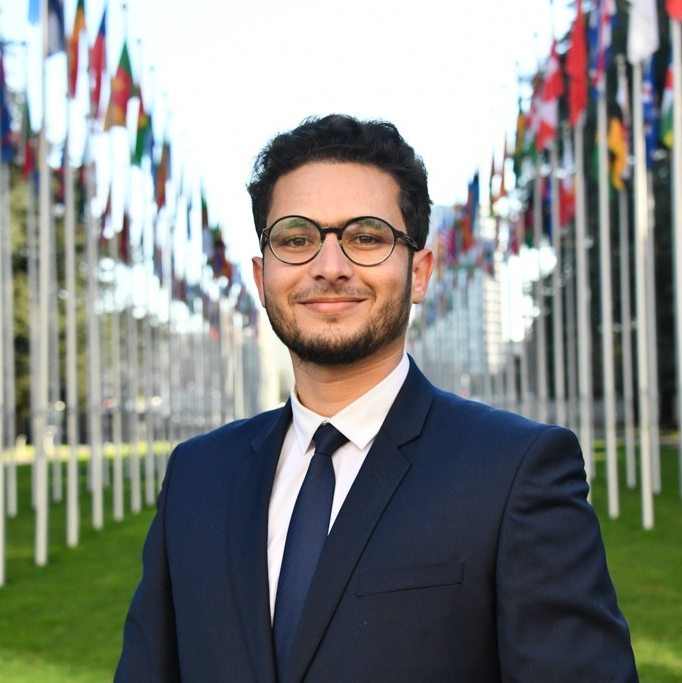
Timothy E. Kaldas
As the IMF and their partners meet this week for the Spring Meetings it is vitally important that they rethink their approach in terms of economic reform and program design. IMF programs to date consistently fail to effectively account for political sustainability and consistently place the bulk of the burden (be it in the form of taxes or austerity driven cuts) on the general public while sparing elites. This regressive imbalance results in widespread public pressure to derail programs before their completion. This leaves states with ever less sustainable external debt without the economic reforms needed to position them to repay it, adding to their long-term vulnerability and macroeconomic fragility.
In order to account for political sustainability effectively the IMF needs to move away from its virtually exclusive dependence on economists and integrate more diversity of expertise into its teams, ranging from political economists to historians to sociologists. Additionally, a more sincere and robust commitment to comprehensive and effective social protection is necessary. Past programs impose harsh austerity on the populations that not only undermine the political sustainability of the programs but also cause extensive damage to domestic demand undermining a key driver for growth. Private sector led growth cannot reasonably be expected when the consumer class is reeling from inflation, currency collapse, and depressed purchasing power with the commensurate poverty these conditions contribute to.
Timothy E. Kaldas is the Deputy Director of the Tahrir Institute for Middle East Policy.

Sarah Saadoun
There are two major problems with the IMF’s current approach to social protection.
First, the IMF frequently relies on social protection to “mitigate” the impact of its programs, which it often acknowledges include conditionalities that undermine people’s rights. Yet rather than reconsider its entire approach and promote policies that lay the groundwork for inclusive, sustainable, and resilient economies, it seeks to repair the damage through social protection.
Second, the Fund reduces social protection to poverty-targeted cash transfer programs when it should encompass a full range of programs that enable all people to realize their economic, social, and cultural rights at all stages of their lives. This overly narrow approach is wrong for myriad reasons: who it leaves out, the stigma and social division it breeds, and the scant relief it brings to those lucky enough to receive benefits, among others.
IMF programs frequently have a heavy hand in reshaping social contracts. Giving a small fraction of people a few dollars does not replace the crucial work of building economies where all people can realize their human rights.
Sarah Saadoun is a senior researcher and advocate working on the economic drivers of human rights abuses at Human Rights Watch.

Nour El Houda Bey
The IMF should engage in a concrete analysis of the Tunisian economy, taking into account its unique challenges and local market specificities, and place a greater emphasis on promoting fairness in markets and competitiveness. Tunisia faces a set of economic challenges that are distinct and require a tailored approach to enable sustainable and inclusive growth. Therefore, the IMF must adopt an approach that reflects Tunisia’s needs and helps to strengthen its key economic sectors. Moreover, the IMF’s approach should focus on job creation and reducing economic inequalities while ensuring macroeconomic stability.
Ultimately, the IMF must work closely with the Tunisian government to design programs that address the country’s specific economic and social challenges while promoting sustainable and equitable growth. This requires a nuanced approach that recognizes the country’s unique circumstances, such as its young and educated population, strategic geographic location, and the impact of the COVID-19 pandemic. The IMF should also prioritize promoting private sector development and supporting the growth of small and medium-sized enterprises, which are key drivers of job creation and economic diversification.
In short, the IMF should adopt a customized approach to engage with Tunisia that takes into account the country’s unique challenges and specificities, promotes fairness in markets and competitiveness, and prioritizes job creation, economic diversification, and reducing inequalities.
Nour El Houda Bey is an anti-trust law and a PhD researcher at the University of Antwerp

Hussein Cheaito
Lebanon signed a staff-level agreement with the IMF one year ago, and the Lebanese government has only met three out of 10 prerequisites necessary to unlock financing to alleviate the country’s crisis. At the same time, it is essential to take a step back and consider the shortcomings of the IMF’s strategy in Lebanon. The Fund’s push for privatization will likely result in the transfer of public assets and services to the private sector under the pretext of public sector “modernization,” a policy that will only exacerbate inequality and suffering, as it almost certainly will mean reduced access to essential services that are already underfunded, such as healthcare and education. Instead, the IMF should consider alternative approaches, such as increasing public investment and strengthening public institutions.
Second, the IMF’s failure to prioritize progressive taxation policies is concerning. In contrast, the IMF’s current focus on cutting social services and increasing taxes on low-income households will further impoverish the most vulnerable populations. This is especially clear in the IMF’s most recent tax policy for Lebanon, with the strong focus on increasing VAT—to “make the VAT great again”—and excise taxes, both of which are highly regressive, exclusionary, and not strictly growth-inducing.
Third, the IMF’s policy is blind to the needs of marginalized communities, including LGBTQ+ communities who often exist in non-traditional family structures. Austerity measures privatization, as well as cuts to public services and social protections would have a disproportionate impact on those communities who already face systemic discrimination and economic hardship. The IMF must consider the needs of all communities and push for an inclusive and equitable economy in Lebanon.
Hussein Cheaito is a Nonresident Fellow at TIMEP focusing on governance and economic development in Lebanon.

Ayoub Menzli
The IMF should address two major flaws in its approach and program design. The first is the lack of understanding of the political economy and the specificities of the local context. Some policies that might look good on paper can be counterproductive if implemented without taking into consideration local power dynamics. The liberalization policies of the 1990’s in Tunisia is a great example of how some reforms can be co-opted for the benefit of a small elite without achieving the desired results. The second is the lack of consideration to political sustainability. The IMF needs to be aware that a lack of ownership and legitimation would eventually lead to policy reversal in a best-case scenario, or to significant destabilization due to public resistance to the proposed reforms at worst. Public support is a key factor in achieving that and is hard to attain if the costs of reform disproportionately affect the more vulnerable populations.
Ayoub Menzli is an independent consultant, analyst, and researcher from Tunisia.
Beesan Kassab
The IMF should review its policy of recommending higher interest rates as a tool of overcoming inflation. In the Egyptian context, this policy has had a weak effect on inflation, as most of the inflation was not due to higher spending or demand. This policy also caused the reallocation of the public budget resources away from public services, education, and healthcare.
The IMF’s policy of reaching a “private sector-led economy” at any price, through encouraging privatization and decreasing employment in the public sector should be controlled by transparency mechanisms. In addition, the policy should not be pursued without making sure it does not have negative side effects regarding labor conditions, particularly the participation of women in the labor market.
In the Egyptian context, the ongoing privatization program encouraged by the IMF is being conducted with quite weak transparency conditions. In addition, the push toward a “private sector-led economy” is also conducted with no parallel program of reforming the restrictive environment for trade unions, which is an indication of a major imbalance in the labor market, leading to serious impacts on social justice.
Also, the decreasing employment in the public sector in recent years, as a result of the civil service law issued in 2016—a condition of the 2016 IMF program—caused a decrease in women’s participation in the labor market, as the public sector has been a key driver of female labor force participation in Egypt.
Beesan Kassab is an economic journalist since 2008, and her work mainly focuses on social justice, inequality, labor issues and public budget.
